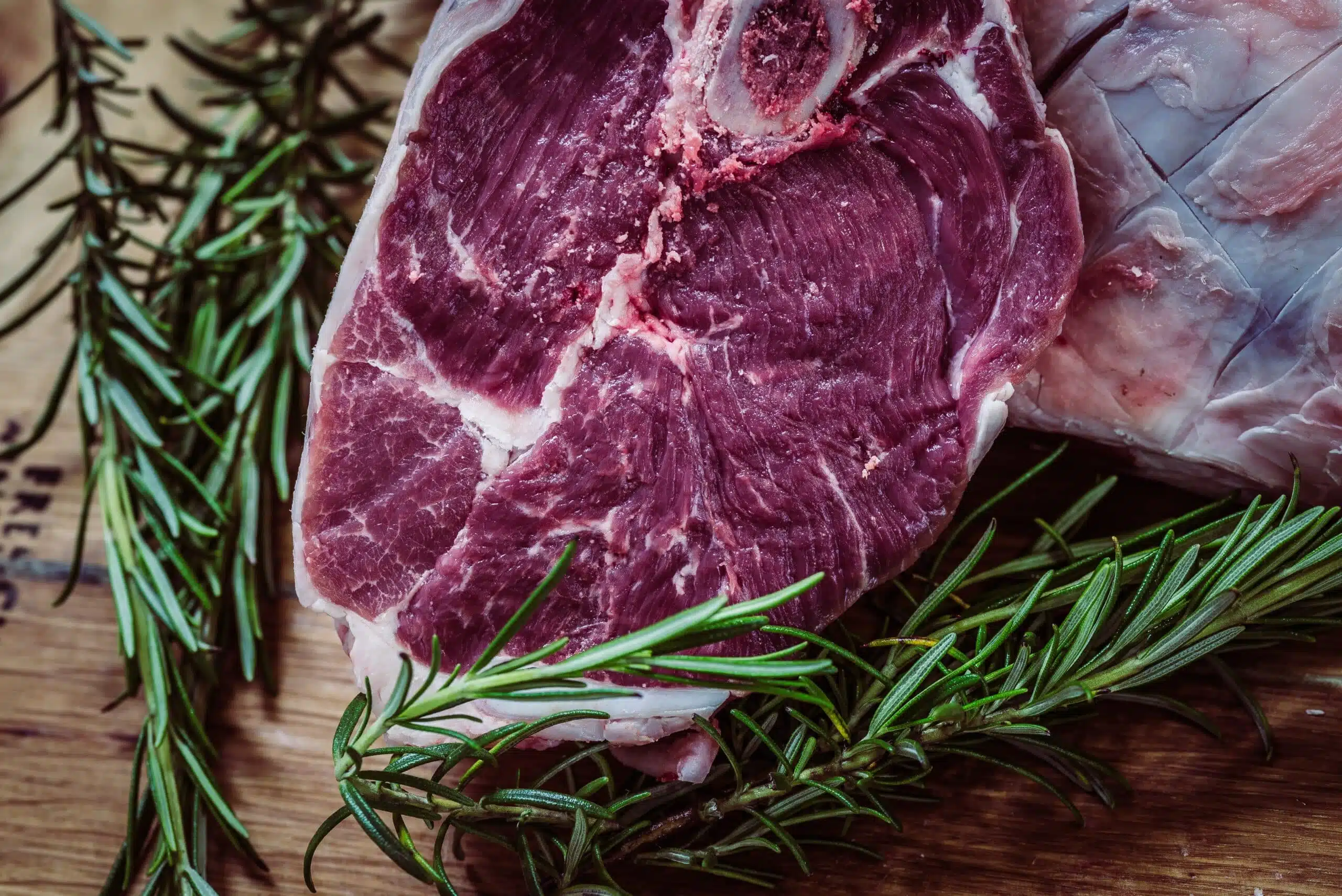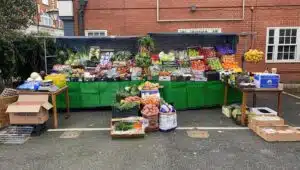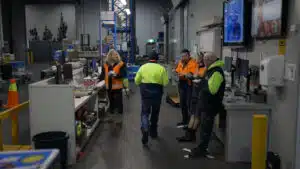It is clear when you travel around Wales that meat production plays an important role in the economy and culture of the country, with 90% of their land dedicated to farming. These meat producers have a good reputation globally, with animal welfare and sustainable practices paramount. Yet the meat industry – in Wales and across the UK – has been facing new challenges.
How can local meat producers create an exciting future? If producers can reinvent how they operate, the upside is significant. The red meat sector in Wales accounted for 43% of the value of the country’s agricultural output alone.
1. Learn from other Welsh food producers
Learning from other businesses in your area can be a good way to keep track of new trends and practices.
For instance, Cywain is an organisation with a network of suppliers across Wales. This includes meat, seafood, fruit and vegetables, and other dry good suppliers. You are able to view the full list of producers across Wales on this map.
Cywain helps producers become more competitive, sustainable and innovative. They connect you with relevant industry partners and your business is given the advice to grow.
The availability of resources specially targeted at meat producers is further reason to connect. For example, Cywain hosted a webinar on taking good images of meat products on your smartphone. For more info on that, see here.
2. Reduce manual tasks across your operation
3. Connect marketing with thriving food service venues
Wales is emerging as a popular tourist destination and has seen its food scene blossom.
There are now 7 Michelin-star rated restaurants in Wales,and the hospitality industry is in a strong position to grow further.
Sourcing high-quality, local ingredients is a key factor in this surge in gastronomy. For example, The Whitebrook in the rural Wye Valley has one Michelin star and sources 90% of its ingredients from a 12-mile radius of the restaurant.
Add to that the 35 new Welsh pubs in CAMRA’s Good Beer Guide 2023, there is much to be optimistic about dining in Wales.
For fresh produce distributors, tapping into this growing market could help you to stand out.
4. Offer online ordering to customers
Another way to stand out from the competitors is through an online ordering platform. For many producers, this can sound unappealing because they do not want to publicly list products and prices.
Fresho is unique in this way because online ordering is only accessible to your customers.
The whole interface – including product range, pricing, and invoices – is accessible through a unique portal for chefs. This enables you to keep control of your customer relationships. It also provides an app that only takes seconds for chefs to order.
Andrew Kaye from Chestnut House in Penrith loves to use Fresho because it is ‘simple, straightforward and easy to use’.
The Managing Director of seafood supplier Marrfish, Andrew Jackson, says that businesses now have to embrace technology:
Waste is an inevitable part of working in the fresh food industry. Meat is fortunate in that the shelf life is not as short as fish or fruit and veg.
A great way to start with waste management is to establish a system to track the volume of waste you have. This will be an imperfect science but will serve as a starting point.
For instance, how many waste bins are filled and collected each week?
Many customers on Fresho weigh their waste and then create a zero-value invoice. At the end of each month, they are able to keep an eye on waste patterns. Additional training on stock management practices or adjustments to how you operate can save thousands of pounds each year.
A bright future for meat producers in Wales
Despite some uncertainty in the food industry, there is no doubt Welsh meat is known for its quality. Like all industries, the meat trade needs to evolve with the times and reinvent how it works. As this blog has set out, there are lots of ways producers can adapt to meet these challenges head-on as we enter 2023.










